Dotcom Wants Extradition Hearing Live-Streamed, U.S. Does Not
jeudi 25 août 2016 à 19:29 Earlier this month, Kim Dotcom experienced a setback when the 4th Circuit Court of Appeals rejected his efforts to regain control over millions of dollars in assets seized by the US Government.
Earlier this month, Kim Dotcom experienced a setback when the 4th Circuit Court of Appeals rejected his efforts to regain control over millions of dollars in assets seized by the US Government.
Branding the Megaupload founder a fugitive, the Court effectively denied Dotcom the ability to properly defend himself, should he be extradited to the United States from New Zealand.
Together with his former Megaupload colleagues Mathias Ortmann, Bram van der Kolk and Finn Batato, Dotcom was found eligible for extradition to the United States last December. His appeal will take place at the High Court in Auckland this month and Dotcom wants the whole world to see.
Because of global interest in my case we have asked the High Court to allow live-streaming of my 6 weeks of copyright extradition hearings.
— Kim Dotcom (@KimDotcom) August 23, 2016
<script async src="//platform.twitter.com/widgets.js" charset="utf-8">
While many jurisdictions internationally will not grant permission for a live video or audio feed to be transmitted from a courtroom, in New Zealand the proposition is not out of the question.
All courts nationwide allow cameras and the recording of proceedings, as long as there are no serious privacy breaches, compromising of witnesses, or risks to the right to a fair trial.
Just recently the Chief Justice requested a report from a panel of judges on guidelines relating to recording in court. The report (pdf) found that 93% of District and High Court Judges had not experienced an instance where recording in court had resulted in a fair trial issue arising.
While the panel’s recommendations were accepted by the Chief Justice, live-streaming of court proceedings did not receive widespread support among submissions from judges. However, upon successful application and in important cases such as Dotcom’s, such transmissions can go ahead.
“Live-streaming may be an available option, particularly if there are fixed cameras in court.Live streaming will remain an option in certain major cases, and would be considered if an application is made,” the Judges’ recommendations read.
While it’s possible that Dotcom’s application will be accepted, no feed coming out of the High Court would be truly live. All transmissions would be subjected to a 10-minute delay to protect all parties involved in proceedings.
“A meaningful check on actual publication gives Judges and counsel the opportunity to consider evidence as it is adduced, and decide on whether suppression is appropriate in a measured way,” the Judges note.
“We are aware of numerous instances when that delay has been critical
to give a Judge time to stop an otherwise potentially disastrous publication. A short delay is a small price to pay for in-court coverage.”
But while Dotcom and his legal team are clearly in favor of having the six-week hearing transmitted (almost) live, the U.S. Government is reportedly pulling in the opposite direction. Dotcom reports that his application has already received objections from lawyers in the United States.
The U.S. Government has asked the New Zealand High Court not to allow live-streaming of my global interest copyright hearing. Worried? :-)
— Kim Dotcom (@KimDotcom) August 24, 2016
<script async src="//platform.twitter.com/widgets.js" charset="utf-8">
At the time of publication, Dotcom hadn’t responded to our request for comment so the grounds for the US Government’s objection aren’t yet clear. However, the media circuses surrounding the televised trials of both O.J Simpson and Michael Jackson are still within recent memory and under huge scrutiny neither went well for the prosecution.
Whether live-streaming is granted or not, Dotcom won’t be giving up the fight, even if his extradition appeal fails. The entrepreneur has already stated that he’ll take his case all the way to the Supreme Court if necessary.
Source: TF, for the latest info on copyright, file-sharing, torrent sites and ANONYMOUS VPN services.
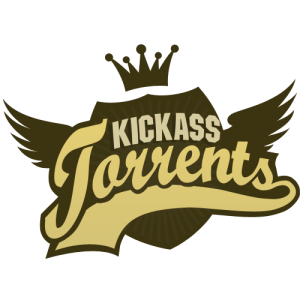 Last month, Polish law enforcement officers
Last month, Polish law enforcement officers 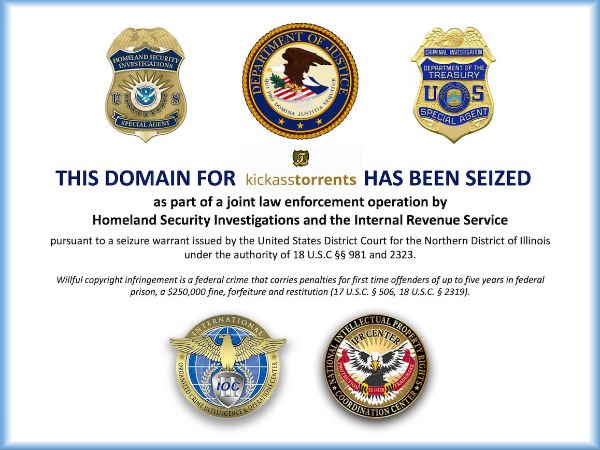
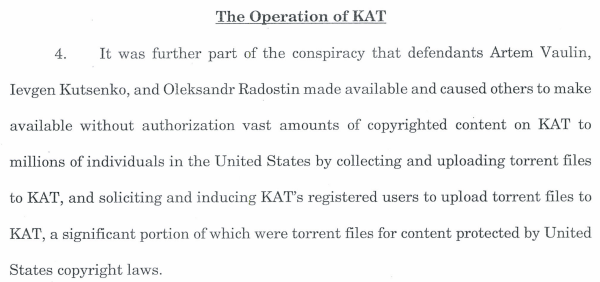
 Representing various major record labels, the RIAA
Representing various major record labels, the RIAA 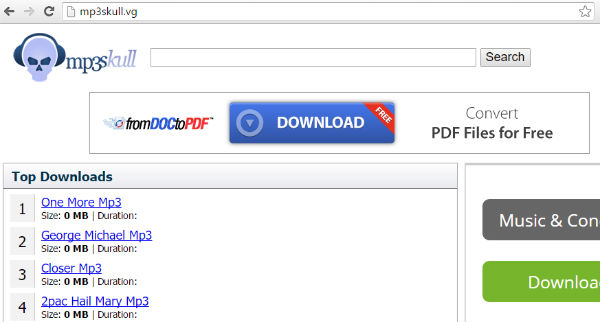


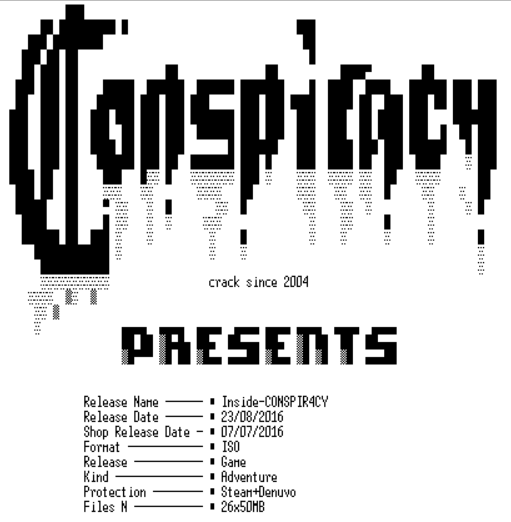
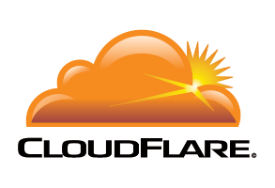 As one of the leading providers of DDoS protection and an easy to use CDN service,
As one of the leading providers of DDoS protection and an easy to use CDN service,